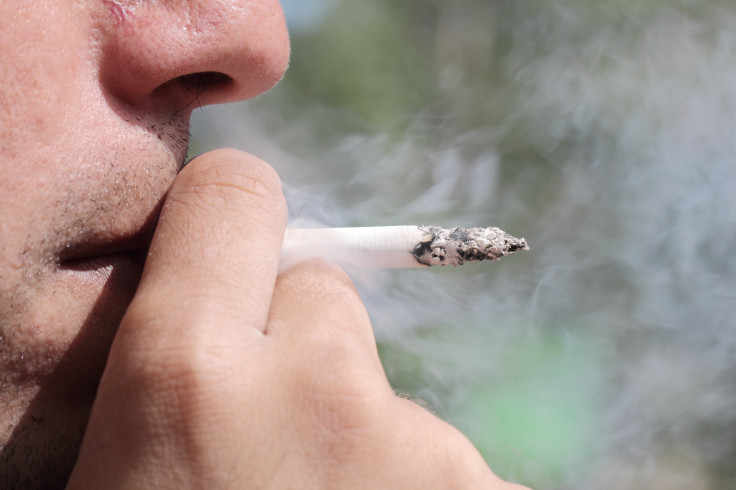Ohio Man Develops Green Hairy Tongue; Know What Causes The Condition

A 64-year-old man from Ohio went to a primary clinic with complaints of a bizarre condition to his tongue. The self-reported smoker noticed green hairy growths on his tongue almost three weeks after he was treated for gum disease.
Do you know what caused the weird condition? According to the case study published in the New England Journal of Medicine, the man's tobacco use and the antibiotic medication for treating his gum disease might have caused an abnormal coating on his tongue.
Hairy tongue syndrome occurs when too much bacteria or yeast affect the tongue's tiny rounded projections called papillae. In this case, the papillae that normally shed start to grow and lengthen into hair-like projections. The color of the hairy tongue may appear brown, white, green or pink, depending upon the things the area is exposed to and the type of microbes growing on the tongue.
The medical condition is often harmless and temporary and can be treated with changes in lifestyle and good oral hygiene.
The patient in the study recovered after he was asked to scrub his tongue with a toothbrush four times a day and to consider quitting smoking.
Factors that trigger hairy tongue:
- Poor oral hygiene
- Tobacco use
- Use of certain medications such as antibiotics
- Dehydration
- Radiation therapy to the neck and head
- Regular use of mouthwash that contains peroxide, witch hazel, or menthol
- Excessive consumption of coffee, tea or alcohol
Symptoms
The hairy-colored appearance of the tongue is the only symptom most people have. However, some patients also may have nausea, bad breath and a metallic taste in the mouth. The condition may lead to a gagging sensation in more severe cases.
Prevention
Taking care of oral hygiene by brushing the tongue or using a specialized tongue scraper can help in preventing bacterial buildup on the tongue. Quitting smoking and limiting alcohol and caffeinated drinks can reduce the risk of a hairy tongue.
Drinking an adequate quantity of water throughout the day helps in preventing dehydration, which can trigger the syndrome. Health experts recommend including fresh fruits, vegetables and grains in the diet and also advice minimal use of sugar for better oral health.
Published by Medicaldaily.com



























